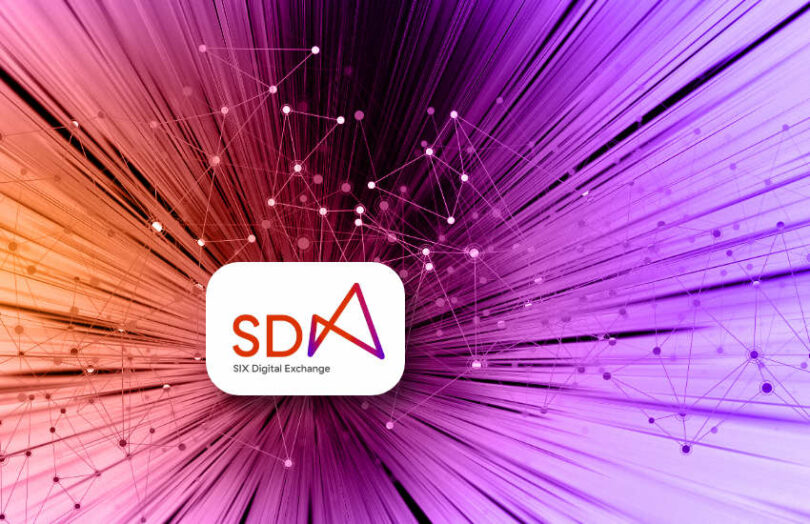Today SIX Digital Exchange (SDX) announced it has tokenized the shares of a private company Aktionariat AG in its blockchain-based central securities depository (CSD). The tokenized shares had already been issued on the Ethereum blockchain.
What’s the point?
While tokenizing securities should improve liquidity, today that’s often not the case. Part of the issue is the fragmentation of investor pools. You have crypto-savvy investors who are comfortable investing in public blockchain tokens. And you have institutions where sometimes that’s not the case.
By tokenizing the stocks in a central securities depository, you can have the best of both worlds. Crypto-savvy investors can buy the stocks directly on Ethereum. And institutional investors and brokers can can access the stock via a CSD, in a similar way to how they usually access stocks and other securities.
Berner Kantonalbank (BEKB) acted as the issuer agent and custodian. Aktionariat was eating its own dog food, given its business is helping companies to tokenize their stocks.
“With this transaction, the involved players from the traditional finance world are proving that they are open to the integration of assets that were originally issued on an open, permissionless blockchain,” said Nicola Plain, CEO of Aktionariat. “An important step towards building a bridge between decentralized finance and traditional finance.”
This particular transaction was more of a pilot. The three companies now plan to explore commercializing the concept.
It also aligns with SDX’s strategy to engage with private market ecosystem partners and the Swiss SME investor community,” said Alexandre Kech, Head Digital Securities at SDX.
Multi blockchain tokens – some takeaways
This sort of solution raises a few questions. If the two records got out of sync, which one would be legally valid? We’re assuming the CSD but it’s a question worth asking.
It leads to another issue we’ve raised before. Companies generally have one system where they record their capitalization table. So far, most securities issuances have been on a single blockchain. But that is unlikely to be the case in the future. We’re not talking about this example, where in theory the same issuances are mirrored.
Consider stablecoin issuers such as Tether and Circle. They issue stablecoins on several public blockchains. Stock issuers might choose to do likewise. Franklin Templeton has launched its government money market fund on multiple blockchains. The Franklin Templeton case is a little different because the U.S. SEC requires a separate traditional database as the definitive record.
Meanwhile, Korea’s CSD is building a solution to support multiple blockchain security token issuance.
Also when you start involving the regulatory sector, there’s a good chance that banks could hold the stocks on their balance sheet. That triggers the Basel banking rules. The Basel Committee is not too keen on public blockchain and seems to want to treat tokenized public blockchain securities like crypto. Given in this SDX case there is a CSD, would they be treated as public blockchain? If the CSD is the definitive record, does it matter that they are also issued on a public blockchain?
Over time these sorts of issues will become clearer.






